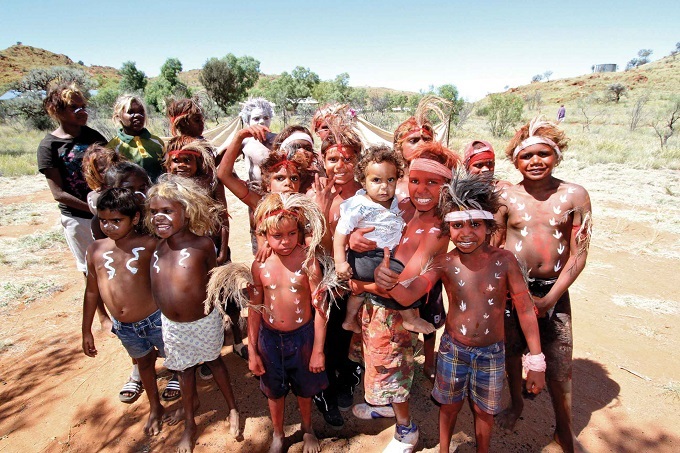Sydney, Australia, October 14: Australia on Saturday decisively rejected a referendum proposal to recognize Indigenous people for the first time in the constitution, in a major setback to the country’s efforts for reconciliation with its Aboriginal communities.
The central question of this historic referendum revolved around rectifying the disparities experienced by Indigenous communities by including a ‘New Advocacy Committee’ in the nation’s constitution.
This historical moment enabled citizens to decide if Indigenous people should have a dedicated “voice” in shaping policies concerning Aboriginal communities.
However, a decisive majority of over 60% of Australian voters rejected this proposal, revealing the persistence of racial supremacism in the country.
The referendum posed a fundamental question: Should Australia adopt a Constitutional amendment to establish a committee known as the “Voice to Parliament”?
The committee’s role was determined to provide advice to the parliament on policy matters that directly affect Aboriginal and Torres Strait Islander communities across Australia.
However, this referendum has generated divisions within the broader Australian community.
Opposition leader Peter Dutton, who faced division within his conservative coalition regarding the referendum, had urged citizens to vote “NO” asserting that a “Yes” vote would exacerbate racial divisions within the country.
On the other hand, Prime Minister Anthony Albanese had urged citizens to seize the opportunity to participate in this momentous occasion, calling on them to be a part of making history. Albanese, along with the majority of parliamentarians, supported the inclusion of the committee and appealed to Australians to vote “YES” in the referendum.
If the amendment were to be ratified, Indigenous Australians—including Aboriginals and Torres Strait Islanders— whose ancestors have resided on the continent for over 60,000 years, would have received recognition in the constitution for the first time.
By rejecting this referendum, Australians missed a critical turning point in national politics, failing to seize an opportunity to rectify centuries-old injustices, persecutions, and discriminations faced by the Indigenous population.
The brutal colonization of Australia since 1778, known as “Terra nullius,” a Latin term meaning “nobody’s land” led to the massacre of over one-third of the Indigenous population and others subjected to severe torture, persecution, and forced displacement from their ancestral lands.
Presently, Aboriginal Australians account for approximately 3 percent of the country’s population of nearly 26 million. However, according to official data, they constitute over a quarter of the prison population, with many incarcerated for minor offenses.
Official statistics reveal significant disparities in life expectancy, infant mortality rates, physical and mental health, education levels, employment opportunities, child removal rates, suicides, and community and family violence among Indigenous Australians.
Moreover, Indigenous people remain significantly underrepresented in mainstream institutions, including government, business, and education.
Despite Australia’s West-proclaimed status as a “modern” democracy and its occasional lecturing on human rights to Asian and African nations, it has taken this much extended period for the nation to endeavor to secure the most fundamental rights of constitutional recognition of its historically persecuted and marginalized minority.
It’s worth noting that while Western democracies like Canada and Australia continue to debate constitutional recognition for Indigenous peoples even today, India has already enshrined constitutional protection and reservation for its Indigenous communities 75 years ago. Recently, India celebrated the election of its first Indigenous head of state, President Droupadi Murmu.






